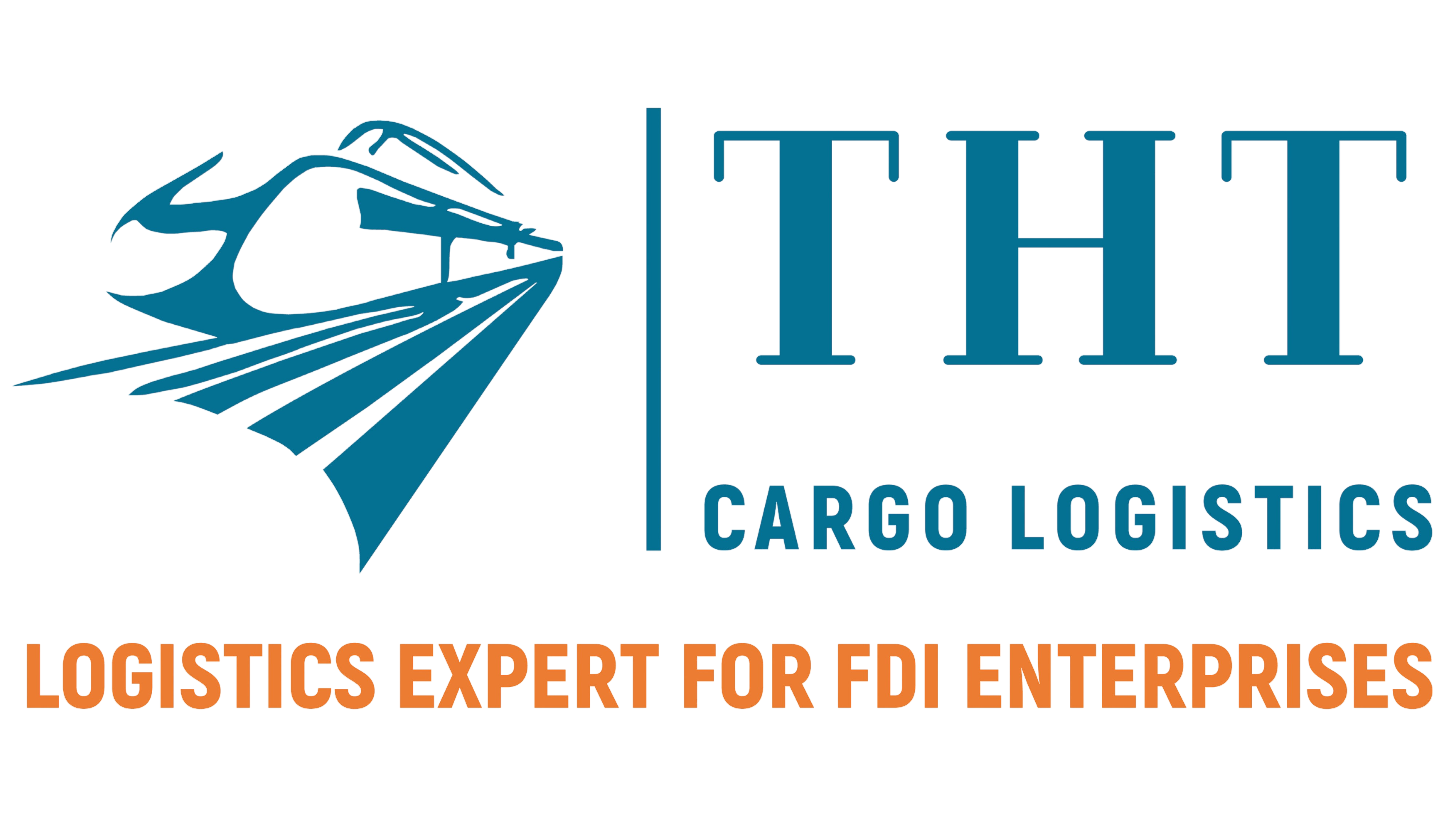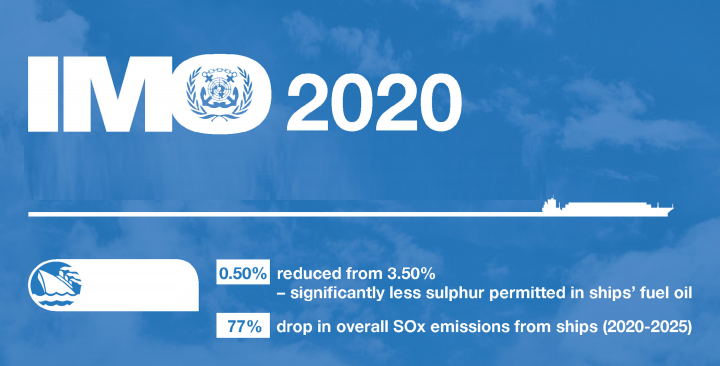IMO 2020 is a new International Maritime Organization (IMO) regulation for the use of Low Sulphur Fuel effective Jan 1st, 2020. This regulation is the largest in a series of IMO measures to reduce marine pollution across the entire shipping industry and ultimately achieve a CO2 emission reduction consistent with the Paris Agreement temperature goals. The regulation will see a decrease in the sulfur content in fuel from 3.5% to 0.5% (mass by mass).
What does the new regulation entail?
The IMO 2020 regulation means that ships will have to reduce their sulfur emissions by 85%. Thanks to the new regulation, the shipping industry will transition to becoming much more sustainable. Steamship lines will be passing on the increase in operating cost to freight forwarders and customers via surcharges.
Steamship Lines have three technical options to ensure compliance with IMO 2020:
- Compliant Fuel
- Liquified Natural Gas (LNG)
-
Exhaust Gas Cleaning Systems
*********************
Compliant Fuel
Utilize Very Low Sulphur Fuel Oil (VLSFO) with 0.5% sulfur content.
Pro
-
Minor capital expenditure
-
Currently most environmentally friendly solution
Contra
-
Higher fuel price
-
Higher operating expense
-
Shortage in supply
-
Limited distribution network
Cost Factor
-
Expected cost increase of USD ~ 15 billion across the industry (various carriers have estimated an individual impact of USD 1-2 billion)
Liquified Natural Gas (LNG)
Invest in LNG-powered vessels.
Pro
-
Regulatory certainty
-
Lower emissions
Contra
-
High capital expenditure
-
Insufficient infrastructure
Cost Factor
-
Estimated USD 25-30 million per ship
Exhaust Gas Cleaning Systems
Retrofit vessels by installing “Scrubbers” that clean the fuel.
Pro
-
Lower capital investment than LNG
-
No change in fuel (continued use of HSFO 3.5%)
Contra
-
Increase in fuel consumption
-
Increase in CO2 emissions and water pollution
-
Lack of experience in the industry
-
Restricted use possible in Emission Control Areas (ECA)
Cost Factor
-
Estimated USD 7-10 million per ship
Visits: 5


